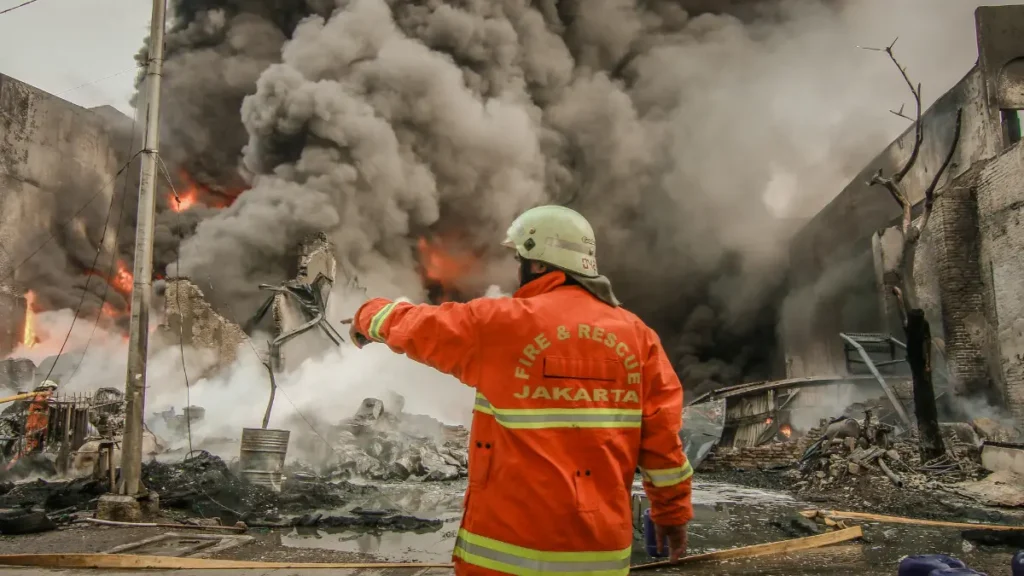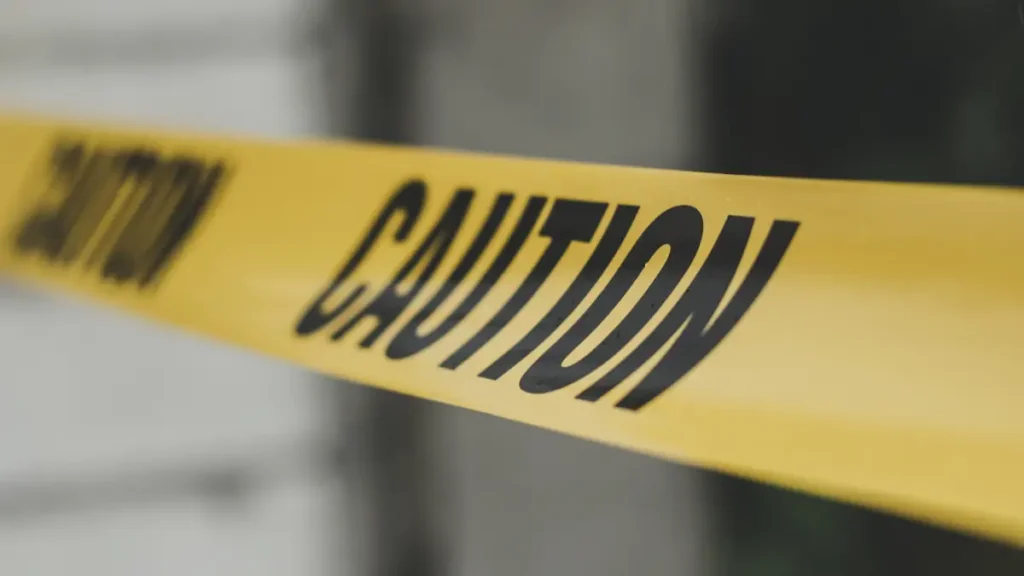Pennsylvania Home Fire, Family Escapes Unharmed
I still remember reading about the early-morning fire in Avalon, Pennsylvania, and thinking how easily a day can turn upside down. Around 6:30 a.m., a family’s home on Marie Avenue suddenly became a scene of chaos, with smoke and flames forcing them out of their beds.
Luckily, everyone made it out safely, and no one was injured—but the thought of what could have happened lingers. Fires like this don’t just destroy property; they shake your sense of safety at home.
As I followed the updates, I kept asking myself: how did this family escape unharmed, and what can the rest of us learn from this near-tragedy? That’s exactly what I want to unpack here, not just the timeline of events, but the real lessons we can take away to protect ourselves and our loved ones.
Timeline of the Avalon Home Fire

The call came in just after 6:30 a.m. Thursday morning. Firefighters rushed to a home on Marie Avenue in Avalon, Allegheny County, after neighbors noticed smoke and flames. I kept thinking about how fast those first few minutes must have felt for the family trapped inside. According to WTAE
, the fire crews arrived quickly, but in situations like this, every second counts.
Remarkably, the family managed to escape without injuries. Hearing that news, I felt a mix of relief and awe—many home fires aren’t so lucky. Fires often happen when we least expect them, and smoke can become deadly before we even realize there’s a problem. This is why early detection and quick action are everything.
At the moment, the cause of the fire remains unknown. The Allegheny County Fire Marshal is investigating, and updates are still coming in. But even without knowing the cause yet, there’s a clear takeaway: having an escape plan and being alert at all times can make the difference between tragedy and survival.
Stories like this Avalon fire remind me of other recent incidents, like a home destroyed in North Tonawanda, where families faced similar early-morning emergencies.
Why Early-Morning Fires Are Especially Dangerous?
I’ve always thought about timing when it comes to fires—and early morning is the worst. People are asleep, their senses dulled, and smoke can fill rooms before anyone even wakes up. That few minutes of delay can make all the difference between getting out safely and a tragedy.
Most fire fatalities don’t come from flames—they come from smoke inhalation. If you’re groggy or slow to react, even a few extra seconds can be critical.
Thinking about it personally, I realized how important it is to have working smoke alarms, clear exit routes, and a practiced escape plan. Fires can strike when you least expect it, and preparation is your best defense.
Early-morning fires are particularly risky; even quick firefighter response, like in the Paradise home blaze, can’t always prevent danger if smoke spreads too fast.
Factors That Helped This Family Survive
What struck me the most about this story was how everything lined up in the family’s favor. They got out safely, no one was hurt, and that’s not always the case. Quick thinking and prompt action likely saved their lives.
I kept thinking: what made the difference here? Early detection, calm thinking under pressure, and maybe even a little luck. It’s a reminder that in fire emergencies, your first instinct should always be to get out. Rescue attempts can be tempting, but often your survival depends on evacuating immediately.
Looking at past fires, it’s easy to see what can go wrong—alarms that don’t work, blocked exits, or delayed reactions. Seeing this family escape safely makes me want to double-check my own smoke detectors and plan every exit route in my house.
It’s sobering to compare this escape to tragedies like the Herkimer County fire, where unfortunately, delayed detection proved fatal.
Aftermath and Investigation

Even though the family survived, the home didn’t come out unscathed. Investigators are looking into the cause, and it could take days before anyone knows what triggered the blaze.
This uncertainty is a stark reminder that we can’t control everything—but we can control our preparedness. Neighbors might now be checking smoke alarms, reviewing escape plans, and taking steps to prevent similar incidents.
As someone reading this, it made me pause and think: am I ready if something like this happened in my own home?
I also like staying updated with real-time home safety alerts on WhatsApp—it’s surprising how much a small heads-up can make you think twice about hazards around the house.
Practical Lessons for Every Homeowner
Here’s the part I want you to pay attention to—because it’s actionable. Fires aren’t just news stories; they’re real-life risks we can reduce.
First, make sure you have functional smoke alarms on every floor. Second, map out clear exit routes, and make sure everyone in your household knows them. Third, don’t ignore electrical hazards—loose wires, overloaded circuits, or faulty heaters can all start a fire.
I also think about seasonal risks—heaters, holiday lights, fireplaces. A quick safety check now can prevent a disaster later. Reading about this fire, I realized that survival isn’t just luck; it’s preparation, awareness, and practice.
I hope you take a moment to check your own home tonight—it might be the difference between a close call and a tragedy.
Guidelines and Key Takeaways for Homeowners
After reflecting on this incident, here’s what I want you to take away. First, smoke alarms save lives—test them monthly, and replace batteries regularly. Second, plan your escape routes and practice them with everyone in the household. Third, stay aware of fire hazards—electrical wiring, heaters, candles, and flammable materials.
It’s also important to think about mental readiness. In a fire, panic can cloud judgment. Knowing what to do in advance helps you stay calm and get out safely. I encourage you to walk through your home right now and ask yourself: if a fire started today, could I and my family get out quickly?
Preparation isn’t just practical—it’s peace of mind. Fires are unpredictable, but being ready gives you control when everything else feels out of control. Take a few minutes today to check alarms, review escape routes, and make safety a habit. You might never need it—but if you do, it could save your life.
For more stories on home safety and fire prevention, explore our home incidents section— there’s plenty of tips to help protect your home.
Disclaimer: This article is for informational and safety awareness purposes only. It does not replace professional advice from fire safety or emergency services. Always follow local guidelines and consult authorities for specific fire-related concerns.


